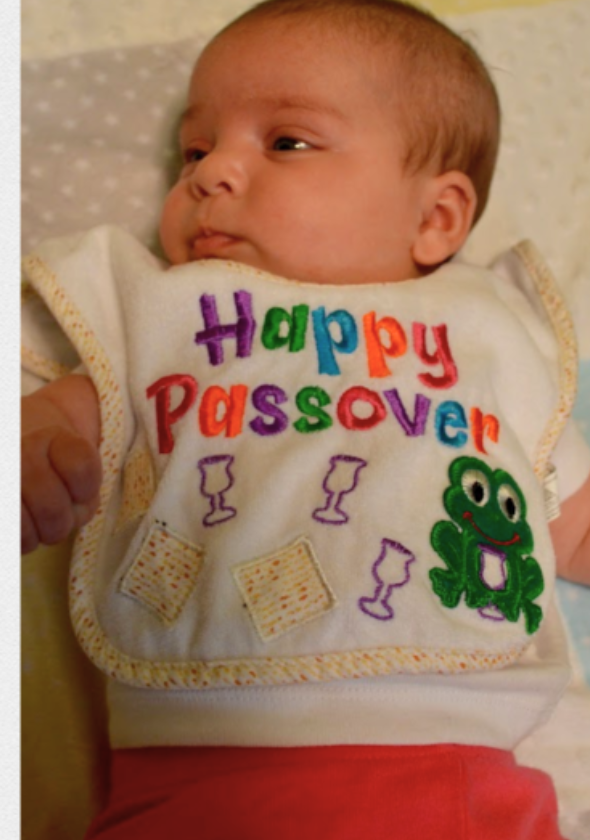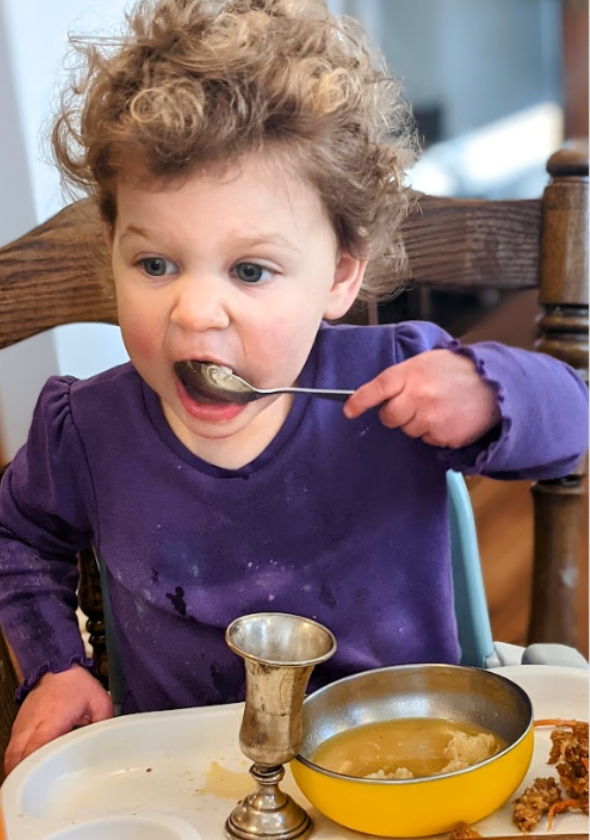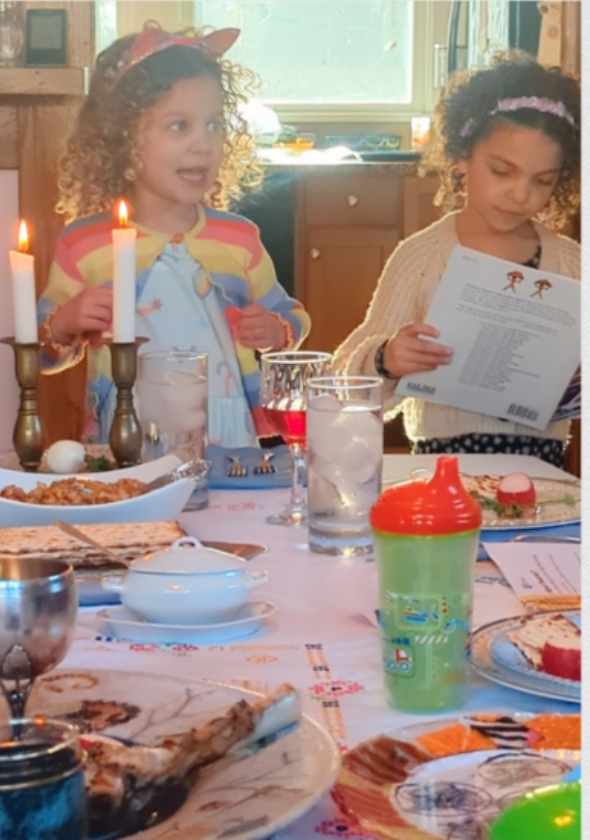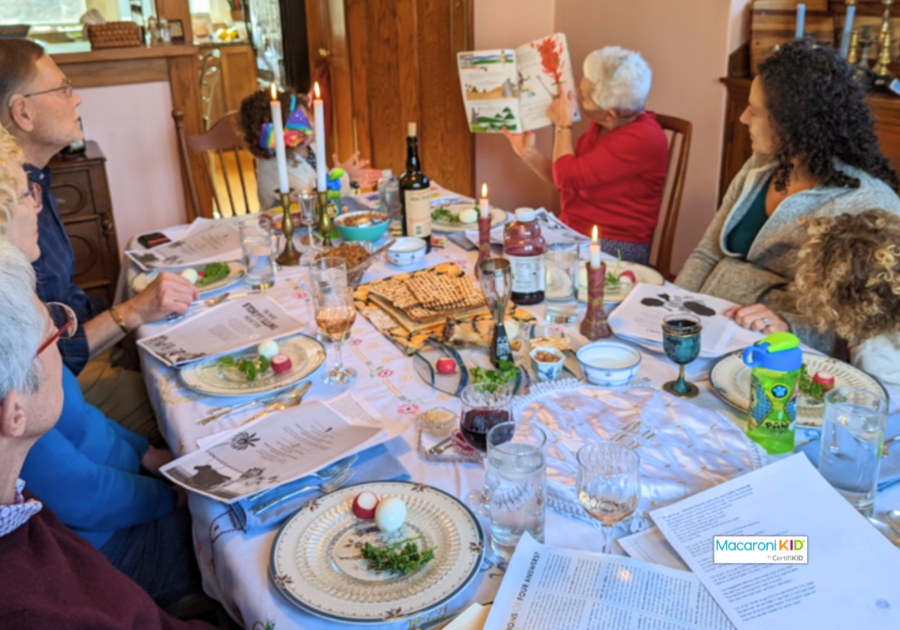Passover, starting on the evening of April 22 this year, is my favorite Jewish festival, in part because it is so inclusive and welcoming. I also love it because it is particularly appealing for kids as they get to ask LOTS of questions. They also love it because of the engaging songs, games, snacks, and prizes.
Passover, at its core, celebrates the story of the Jewish people's exodus from slavery in Egypt to freedom. Unlike other holidays that might involve a service at a synagogue, Passover is usually celebrated at home or in the community through a seder (which literally means “order”), a ritual meal that retells the story through symbols, songs, and, most importantly, a lot of questions.
 Iulia Cozlenko | Canva |
Get the recipe: Great Grandma Dora's Matzah Ball Soup
A night you WANT kids to keep asking why?
The seder ritual starts with the youngest participant asking questions such as “Why is this night different from all others?” This leads to further inquiries about specific foods and rituals. The narrative unfolds through storytelling, with participants sometimes acting out events, and through songs like “Go Down, Moses.” In our family, we enjoy adding a twist with parodies like “Let Us Go” (inspired by Frozen and written by a rabbi) or “We Don’t Talk About Pharaoh” (a parody of the popular Encanto song), alongside traditional foods and symbols like matzah, to remind us how we left Egypt so quickly we didn’t have time for bread to rise.
Hide the Afikomen!
Another favorite kid-friendly seder ritual is hiding the Afikomen. After dinner, we hide a piece of matzah called the Afikomen, and the seder can't continue until it's found. The kid who finds it and brings it back gets a prize.
Passover also embraces the diversity of participants, symbolized by the four types of children at the seder: The inquisitive, the indifferent, the simple, and the too young to ask. This mirrors the parental role of tailoring communication to resonate with their children's evolving curiosity and comprehension, which makes for a fun and interesting variety each year.
 |  |
 |
The author's two daughters at seders through the years.
Messages that resonate, no matter the age
Passover’s enduring themes — freedom, resistance against oppression, and the remembrance of past sacrifices, coupled with the values of caring about each other and communal responsibility — resonate deeply and can be shared, explored, and celebrated with children at every age and stage. Wishing you a joyous Passover!
Chag Sameach Pesach!
Aaron Seligman is the publisher of Macaroni KID Madison, Wis.



